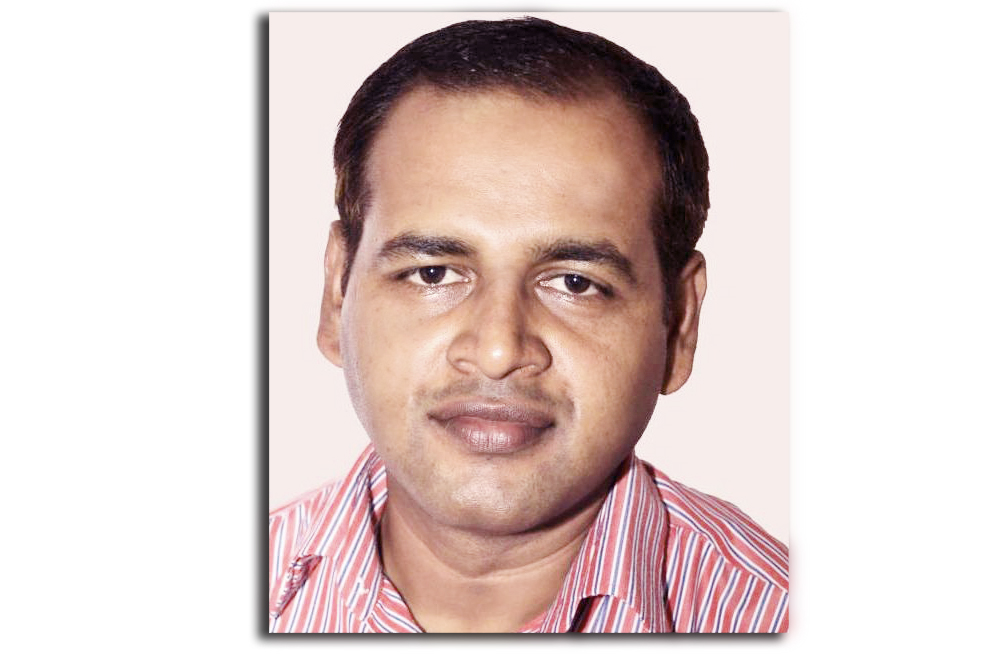By Gopal Khanal (KATHMANDU, 15 February 2021) – Prime Minister KP Sharma Oli has completed three years in office. Three years of his second premiership coincides with the three years rule of newly formed Nepal Communist Party (NCP).
Oli’s first year in government was the year of foundation, second year was the year of commencement and third year was the year of construction and execution. As we evaluate the third anniversary of the government on the basis of facts, it has made some historic achievements which are tailored to meeting the national motto of ‘Prosperous Nepal, Happy Nepali’.
Despite several attempts and ploys to weaken and oust Oli from the leadership of both the Party and government, he has been able to maintain a firm grip both on the party and the government. Despite obstacles and internal crisis created by his own party colleagues, Prime Minister Oli has succeeded to leave some historic and momentous imprints.
The first is the beginning of planned development. Prime Minister Oli restored the dreams of development, which had almost gone into oblivion after he was forced to quit first premiership in 2016. Oli had initiated the journey of development, which was planned and based on modern technology.
After the promulgation of new constitution through the people’s elected Constituent Assembly, India imposed a blockade and a section of Terai people was in constant protest. Oli fought against India’s interference and demonstrated statesmanship. It was a quick recollection of Oli’s elevation to power and his handling of the outstanding problems in the tough times.
Oli started his second innings as Prime Minister from the same point where his dreams of modern development were stranded. He fixed the journey of Nepal towards development and prosperity. One of the strongest qualities of a leader is to think about the nation and people and sketch out the roadmap of national development. Oli saw dreams, translated them into programmes, allocated budget and they are now in the process of becoming a reality.
Why didn’t other prime ministers have such ideas of development? It is because Oli is different Prime Minister from others. He has the ability to work differently.
Constructing railways and ships and supplying gas through pipes are some of his signature development concepts which form the foundation of modern and prosperous Nepal but this vision was undermined at the beginning. These are the thoughts that will guide Nepal for coming fifty years. Similarly, mega infrastructure projects started during Oli’s premiership such as two international airports, transmission lines, wider roads and hydro power.
The second is the formation of strong Nepali national psyche. As he fought against India’s blockade in the first tenure, Nepal’s national confidence exuded with unity. In the foundation of that historic move, he continued to lead the sentiment of Nepali people and practically transformed Nepal into a real sovereign and independent nation. In every major movement – be it of 1951 or 1990 or 2006 – launched to overthrow the then existing political system, Nepal was directly and tacitly supported by India. This is the bitter truth. Therefore, every government formed after the successful movements could not show confidence to act independently even for the domestic development.
Nepali people made their own constitution, fought against India’s meddling and compelled the neighbour to correct its wrong course. That was the first time Nepali leaders and people realised their strength. This showed Nepali people can decide what they really want. Oli was the Prime Minister who had led that thought, boosting the confidence of the Nepali people.
The third is the protection of national interest through balanced foreign policy. For the first time in Nepal, Oli defined national interest and launched foreign policy placing national interest at the top. In his first premiership, he signed historic Transport and Transit agreement with China that ended Nepal’s dependency on India for third country trade and transit. Nepal was understood in principle a landlocked country, practically India-locked, but with that agreement, Nepal became a land-linked nation.
In his present tenure, Oli signed protocol and Nepal has been allowed to use seven Chinese ports for trade and transit. Similarly, there has been significant improvement in connectivity between Nepal and China. There has been an agreement between Nepal and China to open Koshi, Gandaki and Karnali corridors. The Himalayan border is no longer a barrier now but has been an opportunity for development.
Prime Minister Oli executed the foreign policy based on the principle of ‘sovereign equality’ in dealing with the powerful neighbours. It has generated a sense of honour and respect. Countries can be bigger and smaller in terms of economy, population and strength, but their sovereignty is equal. India and China should respect the sovereignty of Nepal as Nepal has been respecting them.
One of the major achievements made by this government is the formulation of integrated foreign policy of Nepal. Prime Minister Oli and Minister for Foreign Affairs Pradeep Kumar Gyawali, with an aim to make the foreign policy effective, prepared this unified and integrated document. It has clearly set priorities of Nepal’s foreign policy.
The fourth is the historic move to protect sovereignty and territorial integrity. The Oli government issued a new map of Nepal incorporating the territories of Limpiyadhura, Lipulek and Kalapani, which were controlled by India since 1962. Diplomatic negotiation has begun to bring these territories under the ownership of the country.
Under the able leadership of Prime Minister Oli, Nepal’s international image has been boosted and Nepal is now being heard and seen internationally. Nepal has proved its independent image and unleashed huge development potential. In three years of Oli government, Nepal has not lost its dignity. Rather, it has gained confidence and that confidence brought development with dignity.
Oli Government : Three Years Of Development And Dignity


